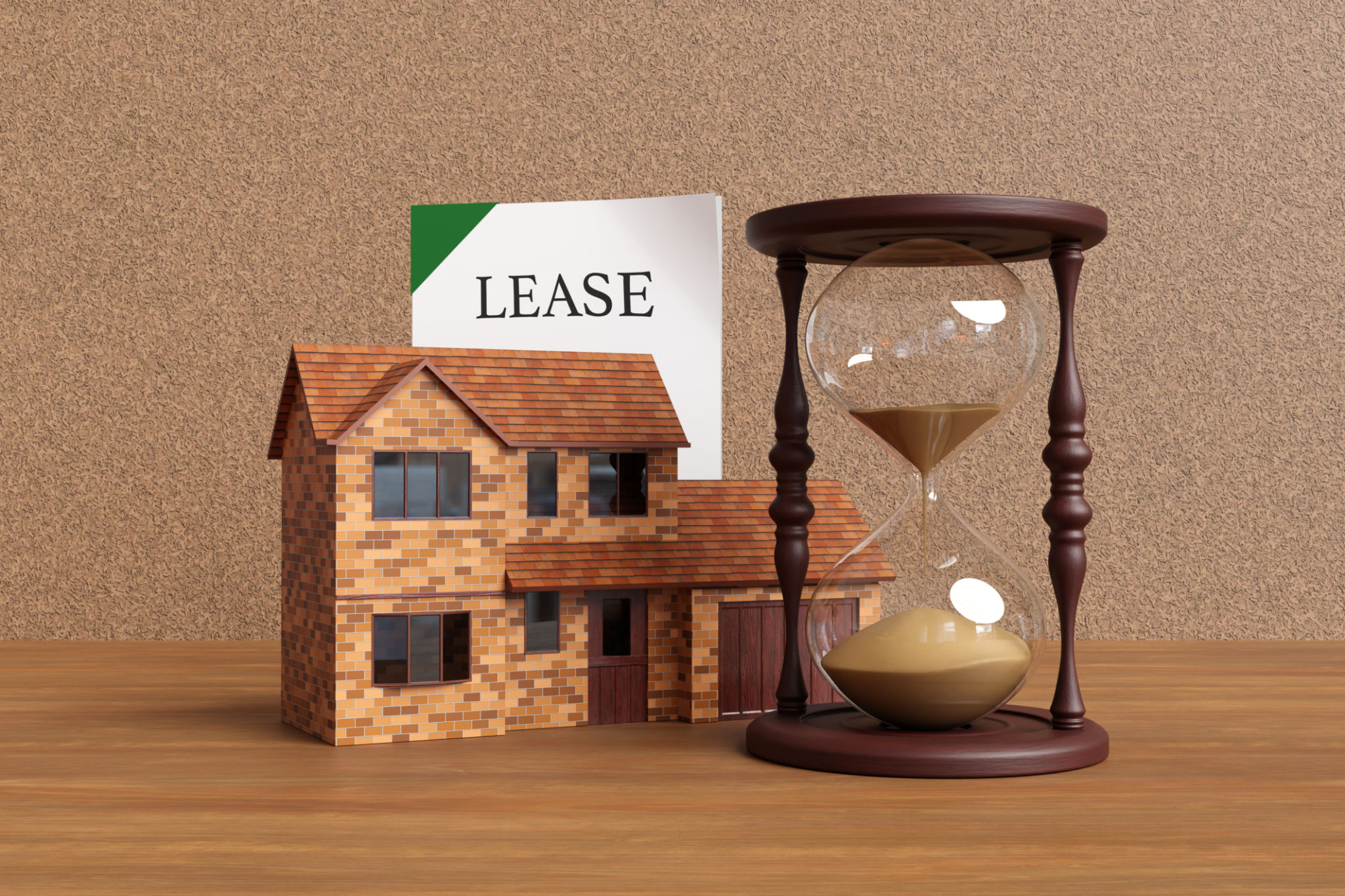Expert Insights: Navigating Leasehold Management Challenges in North Wales
Understanding Leasehold Management
Leasehold management can be a complex and challenging aspect of property ownership, particularly in regions like North Wales where historical and legal factors add layers of complexity. For both landlords and leaseholders, understanding the nuances of lease agreements is crucial in navigating these challenges effectively.
The leasehold system involves owning a property for a set period, typically long-term, while the land it sits on remains under the ownership of a freeholder. This system is prevalent in North Wales, where many properties fall under this category due to historical land ownership patterns.

Common Challenges in Leasehold Management
One of the primary issues faced in leasehold management is the misunderstanding of rights and responsibilities. Leaseholders often find themselves unaware of the restrictions and obligations imposed by their lease agreements. This can lead to disputes over repairs, renovations, or even extensions.
Another common challenge is the management of service charges. These charges cover the maintenance and repair of common areas, but lack of transparency or communication can lead to disputes between leaseholders and freeholders. Ensuring clarity and regular communication can help alleviate these tensions.

The Role of Professional Management
Engaging with professional property management services can be invaluable in overcoming leasehold challenges. These services offer expertise in interpreting lease agreements, managing service charges, and mediating disputes. With their assistance, both freeholders and leaseholders can enjoy a more harmonious relationship.
Professional managers also ensure compliance with legal obligations, which is particularly important given the complex legal landscape in North Wales. Their knowledge of local regulations can prevent costly legal battles and ensure smooth management of leasehold properties.

Community Engagement in Leasehold Management
Fostering a sense of community among leaseholders is another effective strategy for managing challenges. By encouraging dialogue and cooperation, leaseholders can collectively address common concerns and work towards mutually beneficial solutions.
Regular meetings and open forums provide platforms for discussing issues such as maintenance needs and service charge allocations. This collaborative approach not only enhances community spirit but also helps in resolving disputes before they escalate.
Future Considerations
As legislation around leasehold arrangements continues to evolve, staying informed is essential. Both leaseholders and freeholders should keep abreast of changes that may affect their agreements. Understanding these changes can prevent misunderstandings and ensure compliance with new regulations.
Future developments may include reforms aimed at simplifying leasehold arrangements, potentially transforming the landscape for property owners in North Wales. Being prepared for these changes will be key to navigating the future of leasehold management effectively.
Conclusion
Navigating leasehold management challenges in North Wales requires a combination of knowledge, communication, and professional support. By understanding the intricacies of lease agreements and fostering a cooperative community, both landlords and tenants can overcome obstacles and create a more sustainable living environment.
As the landscape continues to change, staying informed and proactive will be crucial for all parties involved in leasehold properties. Embracing these strategies will not only alleviate current challenges but also lay the groundwork for a more efficient and harmonious leasehold management system in the future.